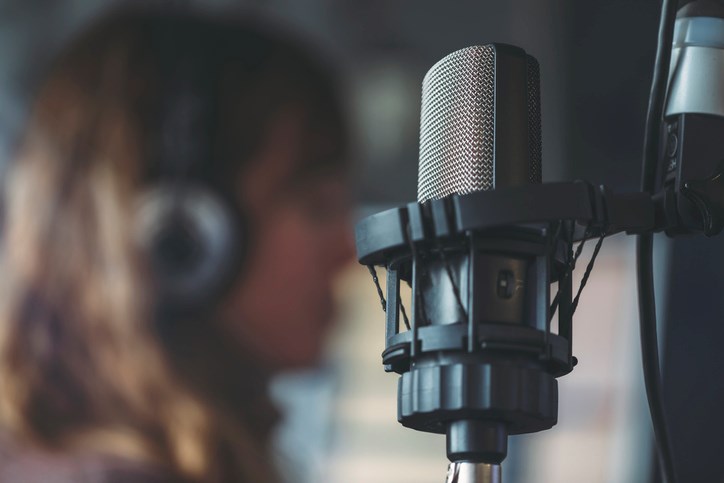A new podcast called Unsilencing Stories has launched which reflects the voices and experiences of people in smaller centres in B.C. and Alberta who have lost loved ones to fatal overdoses.
The podcast features stories from people in Prince George as well as Cranbrook, Chilliwack, Medicine Hat and other parts of Alberta, as they interview one another about their loved ones and grief.
The podcast is part of a community-based study facilitated by Aaron Goodman, Ph.D, faculty member at Kwantlen Polytechnic University in Surrey, B.C., and students Jenna Keeble and Ashley Pocrnich.
Across Canada, more than 30,000 people have died from toxic drug poisoning since 2016 and for small towns and communities, the risk of overdose is much higher than in urban areas.
“The rates of overdose are really high, and this is largely because of a lack of access to harm reduction services and because, of course, a pervasive stigma in many communities about people who use substances, and people who experience fatal overdose,” explained Goodman.
“There's also been a lack of research to about the impacts of the overdose crisis in smaller centers. So that's where as a researcher, I felt it was really important to amplify the voices of people who've been deeply affected by this crisis.”
Goodman, who is based in the Lower Mainland, worked with research coordinator Juls Budau in Prince George to coordinate the local interviews.
“It's because of her expertise, local knowledge, contacts in the community, that we were able to invite a number of people in the community to participate,” said Goodman.
Through her contacts at the overdose prevention site and through other social services, Budau was able to include 10 people in the project including people who didn’t have access to phones or computers.
“People really appreciated the chance to do it,” said Budau. “It was kind of a difficult process. It was definitely really heartbreaking; people are going through a lot of grief. But I think that people processing those types of emotions can be really healthy in a safe space.”
She said oftentimes the stories shared of overdose deaths focus on middle class individuals who are seen to be an exception, but everyone’s stories are valuable.
“Just because they're from a poor economic background or have disabilities doesn't mean that their life isn't valued,” said Budau.
She said for drug users themselves, when they don’t feel like their lives are valued and they see their family, friends and loved ones die off without much response, it does not have a good outcome or promote recovery.
Budau said she wishes that as a society would treat the overdose crisis as an emergency as the Prince George region has one of the highest overdose rates in B.C. and still faces many barriers including not enough detox beds, methadone prescribers and a long wait for prescribed safe supply.
“As a society, we see it as individual mistakes, you know, individual shortcomings, rather than a problem that we need to look at and fix as a society. We need try to stop all these deaths because I'm seeing, right now, entire families are dying,” said Budau.
As experts are calling on authorities for a safe, regulated supply of drugs, Goodman the podcast illustrates the need for governments to fulfill this obligation.
“We really hope the policymakers tune in too, because people are saying to policymakers, we need you to step up. We need you to do what the experts are calling for, which needs to be done to stop to prevent further overdoses to prevent further families from suffering in the ways that we have.”
Goodman said he hopes people tune into the episodes and listen to how the overdose crisis has affected their neighbours.
“If someone in my community shared deep stories that have rarely been heard before, I'd be really interested,” said Goodman.
“Because I think it really comes down to the fact that people who've lost loved ones to fatal overdose are silenced.”
He said his group's work does not provide a complete picture – but is a step towards what he hopes could become a nationwide project amplifying silenced voices.
The podcast episodes will be posted weekly over the next two months and listeners can access Unsilencing Stories through its website or through most major podcast directories, including Apple Podcasts, Spotify and Google Podcasts.



